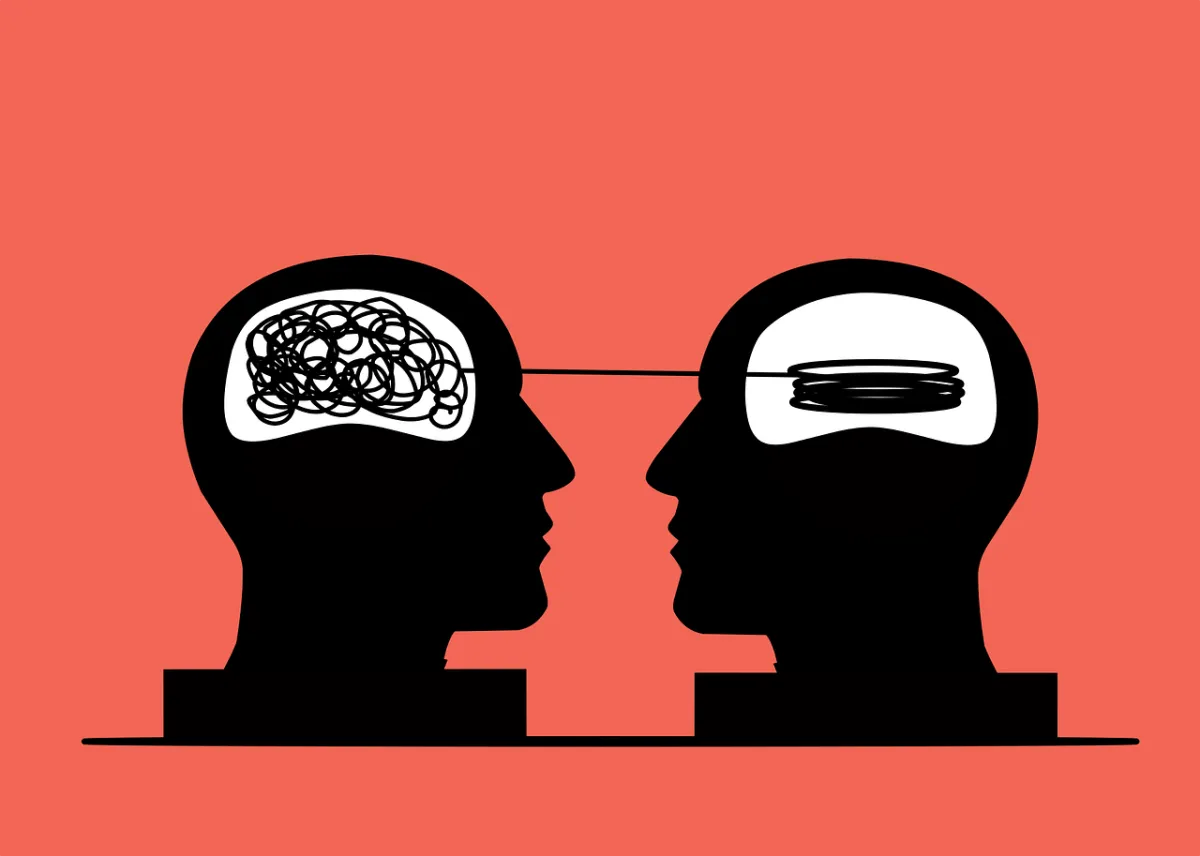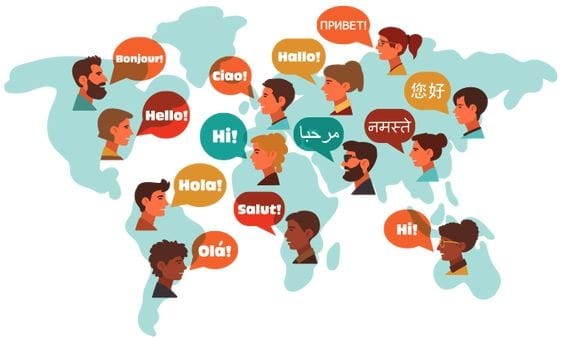The Power of Nonviolent Communication: Fostering Empathy and Self-Awareness through Journaling

Nonviolent Communication (NVC), a method developed by psychologist Marshall Rosenberg, offers a powerful framework for fostering understanding, resolving conflicts, and building deeper connections. This approach is deeply intertwined with empathy and can be significantly enhanced through the practice of journaling. Let's explore how these three elements - NVC, empathy, and journaling - work together to create more meaningful and compassionate interactions in our lives.
Understanding Nonviolent Communication
Nonviolent Communication is based on the idea that all human beings have the capacity for compassion and only resort to violence or behaviour that harms others when they don't recognise more effective strategies for meeting needs. The NVC process focuses on four components:
- Observations: Clearly stating what we are seeing, hearing, or touching without mixing in our evaluations.
- Feelings: Identifying and expressing our emotions without blaming others.
- Needs: Recognising the needs, values, and desires that create our feelings.
- Requests: Asking for concrete actions that can meet our needs.
By following this framework, we can express ourselves honestly while also listening empathetically to others, fostering mutual understanding and respect.
The Link Between NVC and Empathy
At its core, NVC is about cultivating empathy - both for ourselves and others. Empathy, the ability to understand and share the feelings of another, is a crucial component of effective communication and healthy relationships. When we practice NVC, we're essentially training ourselves to be more empathetic by:
- Listening without judgment: By focusing on observations rather than evaluations, we learn to hear what others are saying without immediately labelling it as right or wrong.
- Recognising emotions: NVC encourages us to identify and express our own feelings, which in turn helps us better recognise and understand the emotions of others.
- Understanding underlying needs: By looking beyond surface-level conflicts to the fundamental human needs driving behaviour, we develop a deeper understanding of others' motivations and our own.
- Making clear, compassionate requests: Learning to ask for what we need in a way that doesn't demand or coerce helps create an environment where others feel safe to express their own needs.
As we become more skilled in NVC, our capacity for empathy naturally grows. We become more attuned to the emotional states of those around us and more adept at responding in ways that foster connection rather than conflict.
The Role of Journaling in NVC and Empathy Development
While NVC is primarily focused on interpersonal communication, the practice of journaling can be a powerful tool for deepening our understanding and application of NVC principles. Here's how journaling can enhance our NVC skills and empathy:
- Self-reflection: Journaling provides a private space to examine our thoughts, feelings, and behaviours. This self-reflection is crucial for identifying our own needs and recognising patterns in our communication style.
- Emotional processing: Writing about our experiences helps us process and understand our emotions more clearly. This increased emotional awareness is essential for both NVC and empathy.
- Practicing observation: Journaling encourages us to describe events and interactions in detail, helping us separate observations from evaluations - a key skill in NVC.
- Exploring needs: Through writing, we can dig deeper into our underlying needs and values, gaining insights that can inform our communication with others.
- Rehearsing difficult conversations: Journaling allows us to "practice" challenging communications, exploring different ways to express ourselves using NVC principles.
- Developing empathy for others: By writing about conflicts or misunderstandings from multiple perspectives, we can cultivate greater empathy and understanding for others' viewpoints.
- Tracking progress: Regular journaling provides a record of our communication patterns and relationships over time, allowing us to see our growth and areas for improvement.
The Benefits of Combining NVC, Empathy, and Journaling
When we integrate the principles of NVC, the practice of empathy, and the habit of journaling, we create a powerful synergy that can transform our relationships and overall well-being:
- Improved self-awareness: By regularly reflecting on our communications and emotional states, we develop a clearer understanding of our own needs, triggers, and patterns.
- Enhanced emotional intelligence: The combination of NVC principles and journaling helps us become more adept at recognizing, understanding, and managing our own emotions and those of others.
- Better conflict resolution: As we become more skilled in expressing ourselves clearly and empathetically, we're better equipped to navigate and resolve conflicts in all areas of our lives.
- Deeper connections: The empathy fostered by NVC and journaling allows us to form more meaningful and authentic relationships with others.
- Reduced stress and anxiety: By processing our emotions through journaling and communicating more effectively, we can reduce misunderstandings and the stress they cause.
- Increased compassion: Regular practice of empathy through NVC and journaling can lead to a more compassionate outlook on life, benefiting both ourselves and those around us.
- Personal growth: The self-reflection encouraged by journaling, combined with the principles of NVC, creates a powerful framework for ongoing personal development.
Getting Started with NVC and Empathy Journaling
If you're inspired to explore the intersection of NVC, empathy, and journaling, here are some steps to get started:
- Learn the basics of NVC: Read books or attend workshops on Nonviolent Communication to familiarise yourself with the core principles.
- Start a regular journaling practice: Set aside time each day or week to write about your experiences, focusing on your observations, feelings, needs, and requests.
- Use prompts: Create journal prompts based on NVC principles, such as "Describe a recent conflict without using evaluative language" or "Identify three needs that were present in a recent interaction."
- Practice empathy exercises: Write about situations from others' perspectives, imagining their feelings and needs.
- Reflect on your progress: Regularly review your journal entries to track your growth in applying NVC principles and developing empathy.
By combining the transformative power of Nonviolent Communication, the connection-building capacity of empathy, and the reflective practice of journaling, we can create profound positive changes in our lives and relationships. As we cultivate these skills, we contribute not only to our own well-being but also to a more compassionate and understanding world.
Note: Ahimsa (Sanskrit: अहिंसा, IAST: ahiṃsā, lit. 'nonviolence') is the ancient Indian principle of nonviolence which applies to actions towards all living beings.
Every small step you take in improving your communication and self-awareness contributes to a more empathetic and understanding world. Join us at sharings.me, and let's create positive change together!




